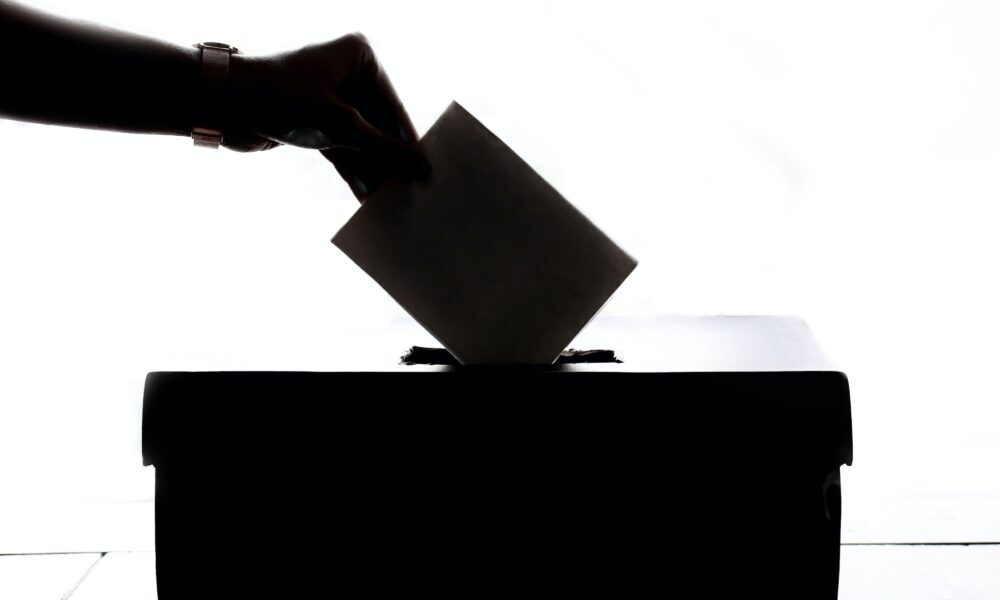Introducing “Along Party Lines,” a new series at the The McGill Tribune aimed at unpacking Quebec and Canadian politics. Up first are the essential details you should know as Quebec’s provincial elections rapidly approach.
Quebec provincial elections will take place in under a month on Oct. 3. In accordance with the Quebec Election Act, McGill classes, labs, and exams will be cancelled on election day. Advanced polling will be available on campus starting Sept. 23.
What are provincial elections?
Provincial elections occur every four years on the first Monday of October and determine the makeup of the Quebec National Assembly. Each of the 125 seats in the National Assembly is filled by a representative from one of the 125 electoral divisions. The party with the most seats in the National Assembly forms the government, and the party leader becomes the Premier of Quebec. If this party has 63 or more seats, it is considered a majority government; if it has fewer than 63, it is considered a minority government. The Premier chairs the cabinet and appoints the ministers who fill it.
Who can vote and how can they register?
You are eligible to vote if you are a Canadian citizen, over 18, have had a Quebec address for at least six months prior to the election date, and have registered on the list of electors. You can register for or change your address on the list of electors online or by mail until Sept. 19 and in person from Sept. 12–29 at the office of your returning officer.
Where can I vote and what should I bring to the polls?
Polls will be open from 9:30 a.m. to 8 p.m. on election day at predetermined locations. Early voting is also an option, with advanced voting centres open on Sept. 25 and 26 from 9:30 a.m. to 8 p.m. Polling centres are based on one’s home address and can be found on the Elections Quebec website.
Part- and full-time McGill students have the additional option of early voting on campus at 680 Sherbrooke Street West from 9:30 a.m. to 8 p.m. on Sept. 23, 27, and 28, or from 9:30 a.m. to 2 p.m. on Sept. 29. Students can vote on campus regardless of what electoral division they live in and will be required to present their McGill ID to enter.
No matter where you vote, it is recommended to bring a government-issued ID, such as a provincial driver’s licence, health card, or Canadian passport. Voters are also advised to bring their notice of entry or yellow reminder card, which is sent by mail at the start of the election period, as it will speed up the voting process.
What if I have to work on election day?
As per the Election Act, employers in Quebec are required, upon the individual’s request, to give any full- or part-time worker four consecutive paid hours off between the hours of 9:30 a.m. and 8 p.m. in order to vote on election day.
What if I have COVID-19 or require other accommodations?
Those self-isolating with COVID-19 and those with underlying health conditions that would put them at significant risk if they contracted the virus are eligible to vote by mail. Requests to do so can be submitted online before 5 p.m. on Sept. 25 or by calling one’s returning officer before Oct. 3.
Although advanced polling stations are guaranteed to be accessible, election-day stations are not. Those with reduced mobility, however, can be granted special permission to vote at a different polling station if the one they are assigned to is not accessible. For those who experience other barriers to voting, there are further systems in place to facilitate the process, such as hearing or visual aids.
Next week on “Along Party Lines,” a rundown of where the major parties—the Coalition Avenir Quebec (CAQ), the Quebec Liberal Party, Québec solidaire, the Parti Québécois, and the Conservative Party of Quebec—stand on issues such as immigration, Indigenous rights, language laws, affordable housing, the minimum wage, and more.








Pingback: Show up to the polls—and for your community - The McGill Tribune